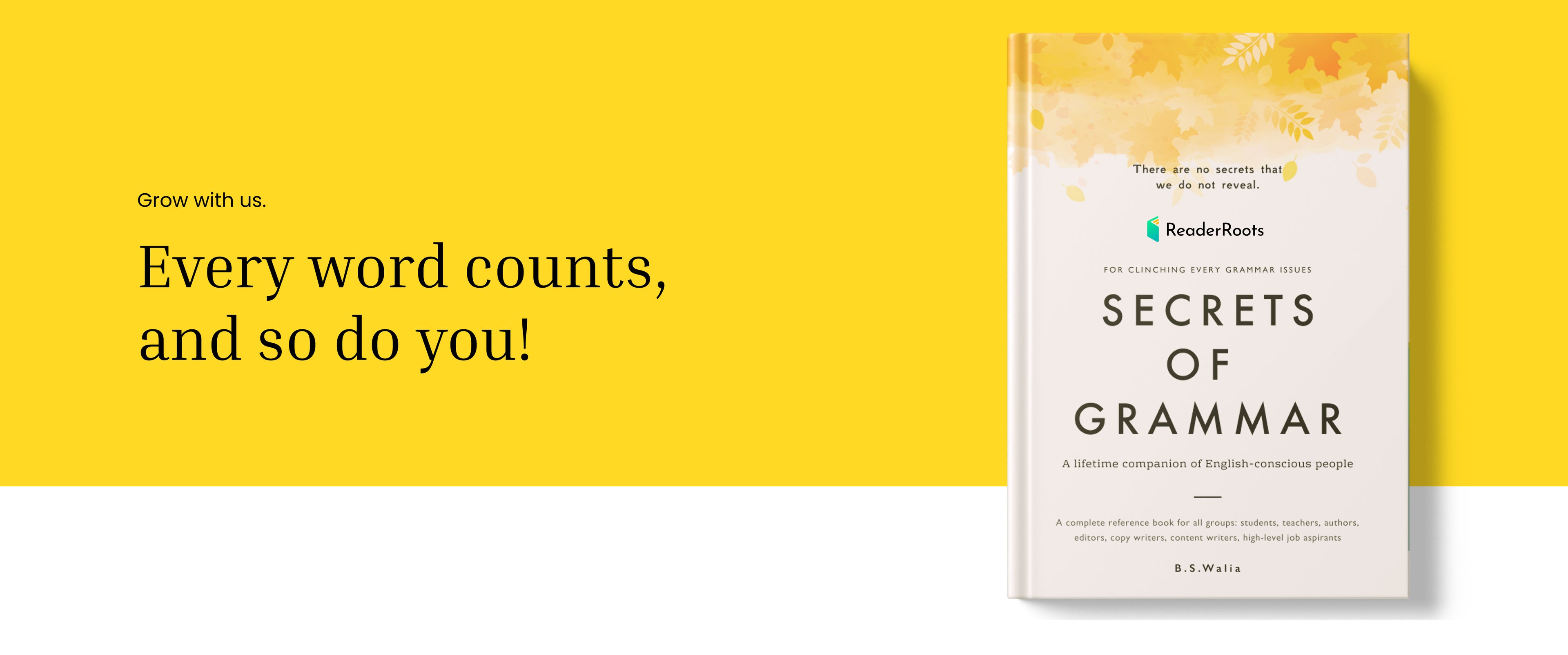
Featured products
-
 Sale
SaleBanda Singh Bahadur
Vendor:Nihal Book PublicationsRegular price Rs. 600.00Regular priceUnit price / perRs. 1,500.00Sale price Rs. 600.00Sale -
Jassa Singh Ahluwalia
Vendor:Nihal Book PublicationsRegular price Rs. 600.00Regular priceUnit price / perRs. 1,500.00Sale price Rs. 600.00Sale -

 Sale
SaleSecrets of Grammar
Vendor:Nihal Book PublicationsRegular price Rs. 749.00Regular priceUnit price / perRs. 900.00Sale price Rs. 749.00Sale -
Speak English with Simplest Speaking Course
Vendor:Nihal Book PublicationsRegular price Rs. 290.00Regular priceUnit price / perRs. 400.00Sale price Rs. 290.00Sale

Understanding is the pathway to empowerment
Our mission is to provide high-quality, thoughtfully curated books that inspire learning, foster growth, and create lasting impact. With a strong commitment to integrity and purpose, we ensure that every book we publish serves the right intent—helping individuals enhance their knowledge and skills in meaningful ways.
Whether it’s mastering the English language, exploring new concepts, or refining essential skills, our publications are designed to be more than just books—they are stepping stones toward personal and professional success. By prioritizing clarity, accessibility, and real-world applicability, we aim to make learning an enriching and transformative experience for all.
At Nihal Book Publications, we don’t just sell books—we build bridges to knowledge, opportunity, and success.
Hot Picks for you
What is a Preposition?
Rules for Omitting Prepositions Before Place and Time
Prepositions such as far, from, in, on are omitted before words indicating place and time when preceded by words like last, next, this, that, etc.
✅ Examples:
There was no rain last month / that year.
I will go this week / next month.
No preposition is used before today, tomorrow, yesterday.
✅ Examples:
He came yesterday / yesterday evening.
I will go tomorrow / tomorrow morning.
Use morning, afternoon, evening after yesterday and tomorrow, but not after today.
✅ Correct Usage:
Yesterday morning / afternoon / evening
Tomorrow morning / afternoon / evening
This morning / afternoon / evening (❌ Not: "today morning/afternoon/evening")
Common Prepositional Errors and Their Corrections
❌ Incorrect: The cream is made of milk.
✅ Correct: The cream is made from milk. (Milk changes into cream.)
❌ Incorrect: The chair is made from wood.
✅ Correct: The chair is made of wood. (Wood remains wood.)
❌ Incorrect: He is in/on the window/gate/desk/table.
✅ Correct: He is at the window/gate/desk/table.
❌ Incorrect: He was appointed on this post.
✅ Correct: He was appointed to this post.
❌ Incorrect: Open the book on page 5.
✅ Correct: Open the book at page 5.
❌ Incorrect: Send the parcel on his address.
✅ Correct: Send the parcel to his address.
❌ Incorrect: I begged pardon from him.
✅ Correct: I begged pardon of him.
❌ Incorrect: I told him this on his face.
✅ Correct: I told him this to his face.
❌ Incorrect: She is good in English.
✅ Correct: She is good at English. (“Good at” comes before a noun.)
❌ Incorrect: She is good at speaking English.
✅ Correct: She is good in speaking English. (“Good in” comes before a verb.)
❌ Incorrect: He is an authority in English.
✅ Correct: He is an authority on English.
❌ Incorrect: She was married with him.
✅ Correct: She was married to him.
❌ Incorrect: He married away/off his daughter.
✅ Correct: He married off his daughter. (“Marry off” means to arrange a marriage.)
❌ Incorrect: He has a son from his first wife.
✅ Correct: He has a son by his first wife.
❌ Incorrect: The dish is of my liking.
✅ Correct: The dish is to my liking.
❌ Incorrect: I will avail the chance.
✅ Correct: I will avail myself of the chance.
How to use preset tense?
The present tense is used to describe actions happening now, general truths, habits, and fixed arrangements. There are four types of present tense in English:
1. Simple Present
Used for:
✅ General facts and truths
✅ Habits and routines
✅ Scheduled events (future)
Formula:
👉 [Subject] + [Base verb] (add 's' for he/she/it)
Examples:
rises in the east. (General truth)
goes to school every day. (Habit)
leaves at 5 PM. (Fixed future schedule)
2. Present Continuous (Progressive)
Used for:
✅ Actions happening right now
✅ Temporary actions
✅ Future planned events
Formula:
👉 [Subject] + am/is/are + [Verb+ing]
Examples:
am reading a book. (Action happening now)
is staying with her aunt this week. (Temporary action)
are meeting us at 6 PM. (Future plan)
3. Present Perfect
Used for:
✅ Actions that happened at an unspecified time before now
✅ Actions that started in the past and continue now
✅ Experiences
Formula:
👉 [Subject] + have/has + [Past participle]
Examples:
have visited Japan. (Experience)
has lived here for five years. (Started in past, still true)
have finished their homework. (Completed action, time not mentioned)
4. Present Perfect Continuous
Used for:
✅ Actions that started in the past and are still happening
✅ Emphasizing duration of an ongoing action
Formula:
👉 [Subject] + have/has + been + [Verb+ing]
Examples:
has been studying for three hours. (Still happening)
have been working at the company since 2020. (Ongoing action)
have been feeling sick lately. (Recently continuing)






